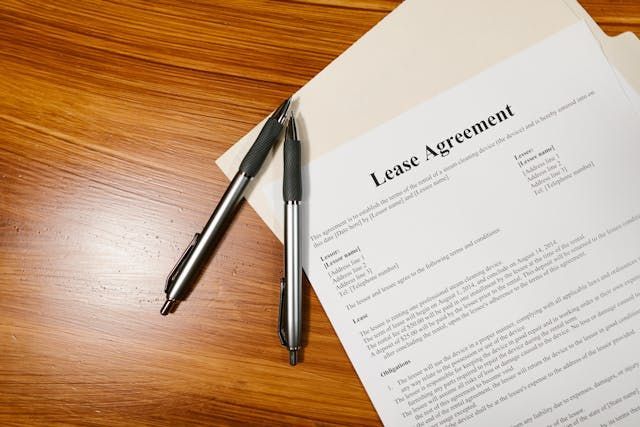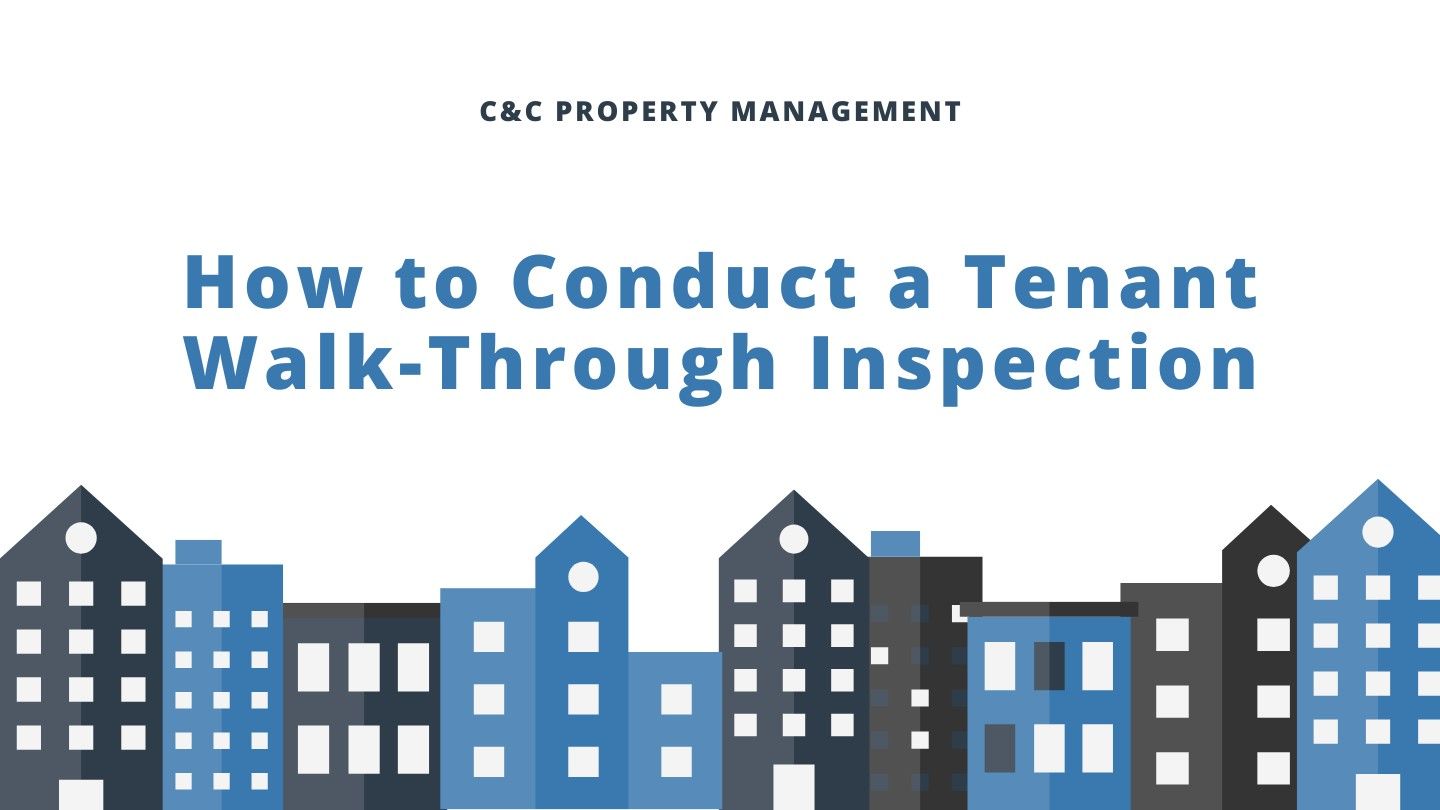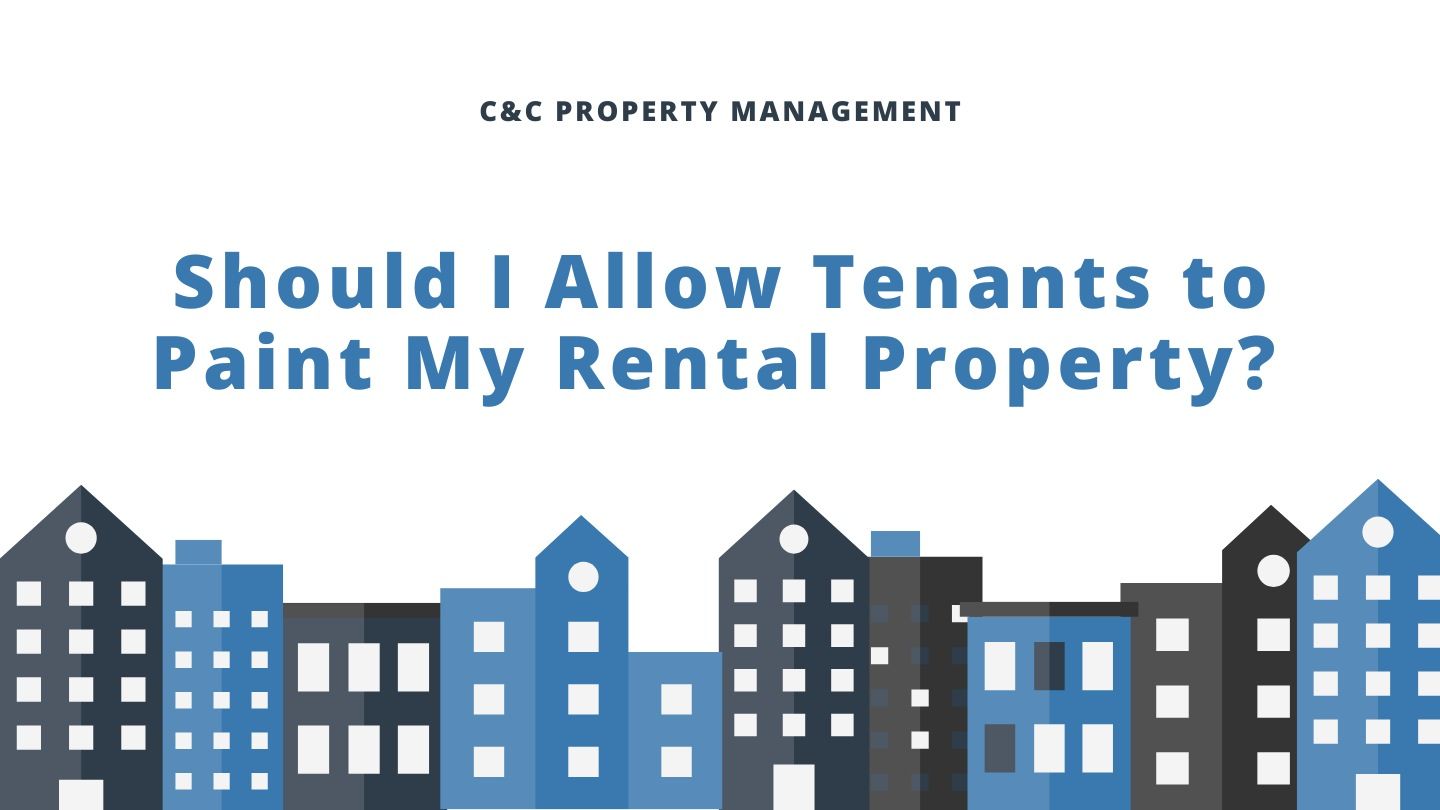Can You Sell a Property Occupied by a Tenant?
Key Takeaways:
- Comply with the Lease Agreement — Always review the lease to ensure you're following legal requirements and avoid potential disputes when selling a tenant-occupied property.
- Provide Proper Notice — Keep tenants informed about the sale with ample notice and communication to respect their rights and minimize disruptions.
- Coordinate with Tenants for Maintenance — Work with tenants to schedule repairs and improvements at convenient times to keep the property show-ready.
- Offer Incentives to Tenants — Consider offering incentives like discounted rent or moving assistance to encourage tenant cooperation during the sale process.
Investors are drawn to rental properties for their potential to provide steady passive income while building long-term wealth and equity. But that’s not all! When you own a property, you always have the opportunity to cash out whenever needed. Residential properties are always in high demand. So, if you need to sell your rental property, you can rest assured that finding potential buyers won’t be a problem.
Unfortunately, selling a rental property presents a unique set of challenges. It can be even more complicated if the property is currently leased. While selling a tenant-occupied property is possible, navigating the legal intricacies can be incredibly challenging. You’ll have to comply with rental laws and provide sufficient notice to vacate, which can deter potential buyers.
If you’re thinking about selling your rental property, then keep reading! In this guide, the team at C&C Property Management goes over everything you should know to successfully sell a property that is currently occupied by tenants.
The Challenges of Selling a Property Occupied by a Tenant
Selling a property can typically take anywhere from two to six months, depending on market conditions. The first stage of the process involves cleaning and renovating the home, getting an appraisal, setting a price, and listing it for sale. Then, with a good marketing strategy, you’ll start seeing potential buyers trickling in. The next stage consists of conducting showings, allowing buyers to conduct home inspections, and negotiating offers. Then, it’s time to close the deal.

However, if the property you’re trying to sell is currently occupied by tenants, the process will not be as straightforward and, thus, will take longer. Here are some of the challenges you may encounter:
- Listing a property that won’t be available to move in immediately can drive potential buyers away. Unless your lease has an early termination clause, you’ll have to wait until the lease is about to expire to list the property for sale.
- When listing your property for sale, you must still comply with local laws. This involves respecting tenant rights, providing ample notice, and complying with the existing lease agreement, which can overcomplicate the selling process.
- If tenants are living on your property, it’ll be more challenging to coordinate maintenance and renovations. After all, you’ll have to provide ample notice before entering the property and schedule services at favorable times and dates for your tenants.
- Tenants may not be happy about the news and may resist the sale. They can overcomplicate the sale process by refusing to allow showings or keeping the unit in poor condition.
Top Tips for Selling a Tenant-Occupied Property
While selling a tenant-occupied property can be more challenging, it’s not impossible! With a strategic approach, you can ensure compliance with key landlord-tenant laws while also maximizing the return on your investment. Here are some best practices to help you achieve this:
1. Comply with the Lease Agreement
A lease agreement is a legally binding contract. As such, it cannot be broken simply because you want to sell the property.

Reviewing the existing agreement will help you understand when the tenancy will expire and whether you can break the lease early. By ensuring compliance with local laws and the lease agreement, you’ll prevent disputes and encourage tenants to cooperate during the sale process.
2. Give Tenants Proper Notice
Tenants have the right to be informed about the sale of the property as it directly affects their lives. You must let tenants know before listing the property, scheduling showings, or discussing move-out plans. Depending on the terms of the lease and local rental laws, you may have to provide tenants with written notice of your intent to sell the property and 30 to 60 days’ notice to vacate when their lease is about to expire.
3. Get the Property Ready for Buyers
Start by scheduling a walkthrough to identify any maintenance issues or cosmetic updates that could boost appeal. Be sure to give proper notice and coordinate with your tenants to find times that are convenient for them. Clear communication is key; explain the selling process, set expectations, and try to work together on a plan that minimizes disruption.
Focus on easy, high-impact upgrades like fresh paint, updated fixtures, and curb-appeal improvements that can be completed with minimal intrusion. By being respectful, organized, and proactive, you can prepare your property for buyers while keeping your tenants cooperative and informed.

4. Provide Incentives
Some tenants may try to resist the sale. To avoid this, you should consider offering some incentives to encourage tenants to be cooperative throughout the sale process. Incentives like discounted rent, moving assistance, or a cash bonus for keeping the unit clean and available for showings can make tenants more accommodating. A cooperative tenant improves the property's presentation, speeds up the sale, and reduces potential conflicts, making the process smoother for both buyers and landlords.
5. Market the Property Effectively
Effective property marketing increases the visibility of your property, attracting serious buyers and streamlining the sale process. The first step to a successful property marketing campaign is creating an attractive listing. By adding high-quality photos, virtual tours, and compelling descriptions, you can make listings stand out from the rest. Additionally, by leveraging social media and advertising your property on local real estate forums, you can increase its exposure. The more interest you generate, the faster it’ll be to sell the property.
Bottom Line
Owning a rental property is a smart long-term investment. But if you discover that being a landlord isn’t the right fit or you need to access your equity, selling is always an option, even if the property is currently occupied. Selling a tenant-occupied rental does require careful planning. By reviewing the lease, providing proper notice, and maintaining clear communication with your tenants, you can navigate the sale smoothly while minimizing disruptions.
Looking for a reliable property manager to help you with your California rental? The team at C&C Property Management is here to guide you every step of the way!








